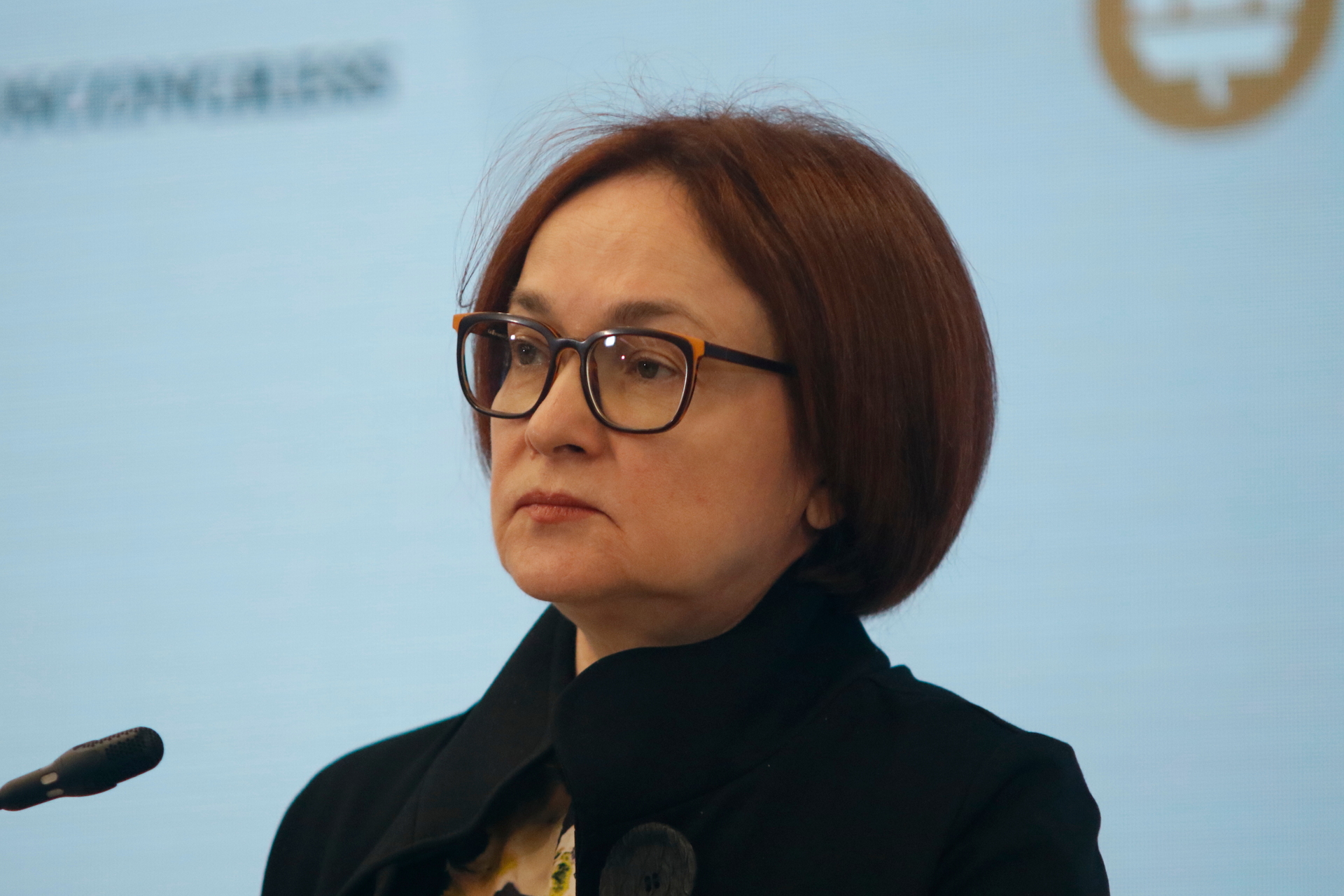The Central Bank of Russia will take measures to accelerate the natural process of devaluation in the country and reduce the number of banking operations in dollars and euros, the press service of the Central Bank reported.
“The blocking of Russian assets by unfriendly countries, as well as operational restrictions on settlements in the world’s main reserve currencies, create risks for citizens and businesses when using the US dollar and euro,” the regulator said in a statement.
As a result of Western sanctions, dollars and euros have become toxic both in international and domestic payment transactions, according to the Central Bank.
Under these conditions, the Central Bank offers non-financial organizations to transfer funds accumulated in the currencies of unfriendly countries into the currencies of other states.
In turn, the government should give similar recommendations to state-owned companies, the regulator is sure.
In addition, experts from the Bank of Russia consider it necessary to stop using the currencies of unfriendly countries when concluding new contracts.
If this cannot be done in a short time, then the terms of the contracts should include an additional clause on the possibility of fulfilling obligations in rubles or currencies of friendly countries, the Central Bank added.
“The initiative of the Central Bank is associated with a possible strengthening of sanctions.
Against this background, there are additional risks that may lead to difficulties in determining the exchange rate of foreign currencies against the ruble, as well as in making settlements.
Therefore, companies are likely to transfer funds from the dollar and the euro to other currencies, ”Sergey Suverov, investment strategist at Arikacapital, explained in an interview with RT.
A similar point of view is shared by Vasily Karpunin, head of the information and analytical content department at BCS World of Investments.
As the specialist noted, as the sanctions pressure grows, keeping savings in dollars and euros becomes more risky and less attractive for citizens and companies.
In this regard, the Central Bank is trying to mitigate the consequences of the possible implementation of external risks, the analyst believes.
“In fact, this is already reflected in the actions of financial institutions.
They set fees for storing and operating currency, as well as impose restrictions on transfers.
Such actions of banks encourage businesses and citizens to switch to working with the currencies of friendly states,” Karpunin added.
As Elvira Nabiullina, chairman of the Central Bank, noted earlier, Western sanctions have already complicated transfers and settlements in foreign currency for Russian banks.
As a result, today credit organizations are less and less interested in foreign banknotes and therefore, as a forced measure, they introduce various commissions for customers.
“It's not because they want to capitalize on it.
This is a consequence of the sanctions.
If the currency needs to be transferred, and this is done through a foreign correspondent account, and if the money hangs there, then this is a risk for customers, not to mention the bank itself ... These transactions have become very risky, ”explained the head of the Central Bank.
© Maksim Konstantinov/Global Look Press
In the near future, the banking sector will continue to gradually “squeeze out” business and the population from dollars and euros, Mikhail Shulgin, head of the global research department at Otkritie Investments, is sure.
According to the expert, in addition to the introduction of commissions, banks may stop opening deposits in the currencies of unfriendly countries.
At the same time, lending in "toxic" currencies will also "collapse", the specialist believes.
“De-dollarization is not a whim, but a necessity.
The dollar and the euro have ceased to be a safe haven and have become a source of risk.
At the same time, the basis of de-dollarization, which the Central Bank has been openly talking about for several months, is the transition in settlements in foreign trade to the currencies of friendly countries, ”the specialist added.
According to analysts interviewed by RT, now companies and banks are actively transferring money from dollars and euros to Kazakhstani tenge, Hong Kong dollars and Emirati dirhams.
And the most sought-after asset for businesses is the Chinese yuan.
“Given the dynamics of trading turnover on the Moscow Exchange, the focus is primarily shifted to the flow of capital and operations into yuan.
During July, the Chinese currency on the trading floor several times overtook the European one in terms of transaction volumes.
At the same time, since the beginning of 2022, the average daily trading volumes of the yuan have increased by more than ten times,” said Vasily Karpunin.
Although the financial authorities will facilitate the transfer of money from banks and businesses to safer and more reliable forms of assets, the country's leadership is not going to ban the circulation of cash dollars and euros in Russia.
According to Elvira Nabiullina, American and European banknotes will continue to circulate in the country even under "the most apocalyptic scenario."
“According to our estimates, the population has about $85 billion in cash foreign currency — dollars and euros. Now banks can sell and buy this currency.
Therefore, here, of course, there will be circulation of cash currency, ”Nabiullina emphasized.

